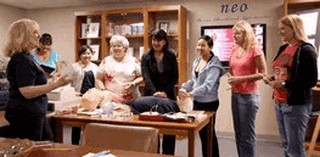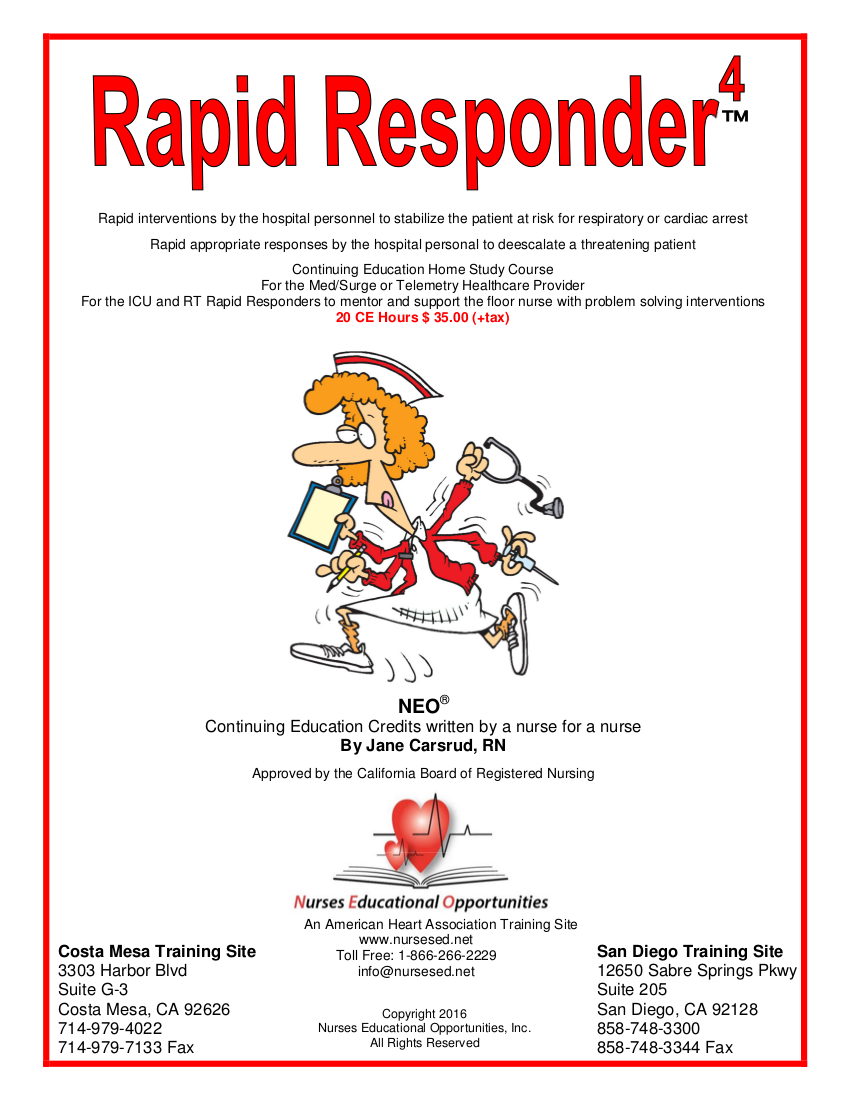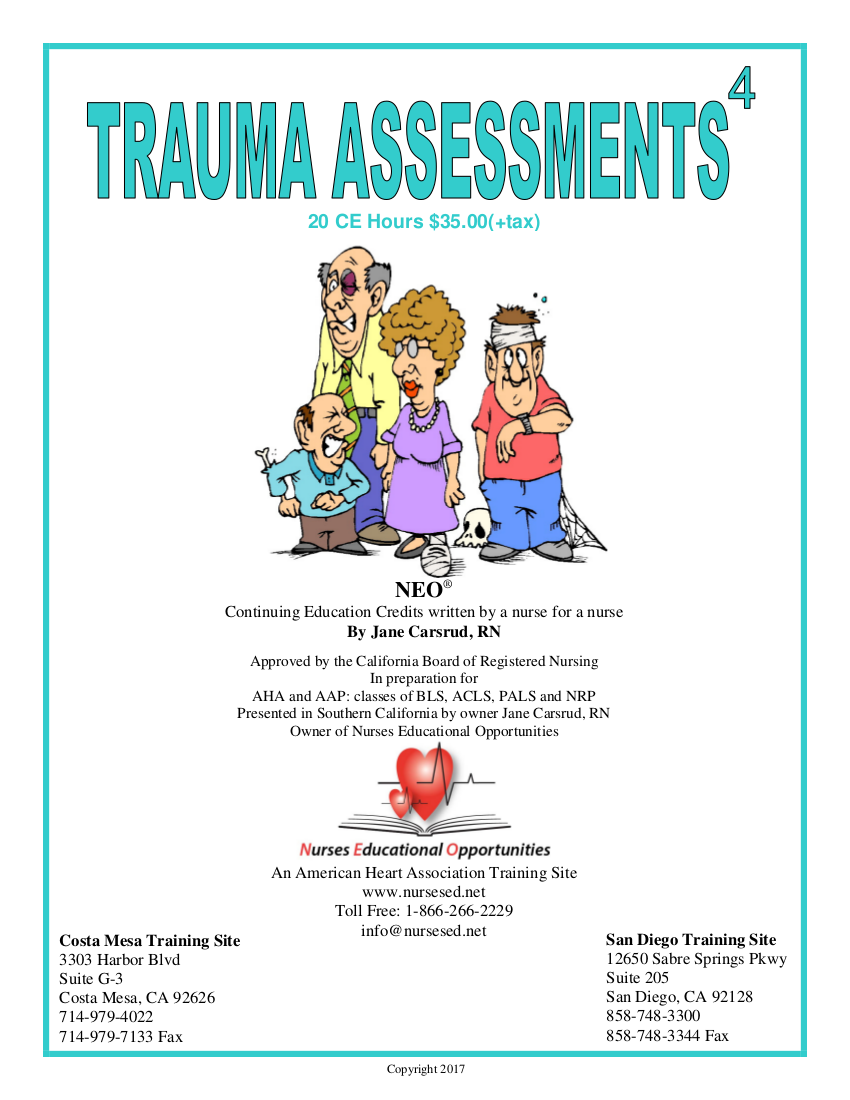
Become a Breastfeeding Advocate
Education for professionals, or the lack of it, has been and continues to be a barrier to breastfeeding.
A healthcare provider’s attitude, personal beliefs and values can greatly impact a mother’s ability to initiate or maintain breastfeeding. Certainly, the lack of support from healthcare providers is related to the difficulties healthy women experience with breastfeeding. Despite efforts to improve breastfeeding management, healthcare professionals, including doctors and nurses, continue to give poor advice on this matter. Poor advice has taken different forms; sometimes it actually has been no advice. Moreover, patients wholeheartedly trust their primary nurses and doctors. Healthcare providers who are not proficient in breastfeeding promotion, initiation and protection may advice patients to bottle feed. Consequently, the mother trusting her primary healthcare provider, complies and accepts the decision to artificially feed her infant.
Why are most healthcare providers not versed in teaching successful breastfeeding?
Several studies have shown that formal education regarding breastfeeding in nursing and medical school curricula lacks detail, depth, and hands-on practice. Consequently, the lack of breastfeeding education in school’s results in professionals learning lactation from clinical experience. Not only is it optimal, but it is possible to successfully integrate lactation management into our healthcare curriculum. Those who have done so have found it tremendously rewarding.
Why is it important to teach mothers how to breastfeed?
According the official journal of the American Academy of Pediatrics, due to the lack of breastfeeding, the US spends approximately 13 billion dollars in healthcare costs. Most concerning, each year 911 infant deaths occur for the reason that infants don’t receive optimal infant nutrition. Death tolls and healthcare costs increase in any nation where breastfeeding rates fall below medical recommendations. Additionally, the United States has not yet met the goal to have 75% initiate and maintain breastfeeding until infants are 6 months of age. Therefore, the Baby-Friendly Hospital Initiative is a global program sponsored by the World Health Organization and UNICEF that recognize hospitals and birthing centers who offer an optimal level of care for infant feeding. It is imperative that any healthcare provider in the Maternal Child Health Environment learn the best methods to improve breastfeeding outcomes for mothers and infants.
Who exactly needs lactation training?
Anyone who works with mothers during the prenatal, labor, and postpartum stage should be knowledgeable in educating mothers on how to breastfeed. Nurses have the biggest impact on how a mother will perceive breastfeeding; due to the fact that nurses have the most contact during the intrauterine to extra uterine journey. Here is how nurses should help:
- First of all, prenatal care nurses should inform mothers on the advantages of breastfeeding and consequences of formula feeding.
- Labor and delivery nurses should initiate skin to skin contact the moment the baby is born; this enhances oxytocin which helps trigger breastfeeding. Additionally, Labor nurses should reassure mothers who have had C-sections or those who delivered premature or sick infants, that they too can nurse.
- Postpartum nurses can help breastfeeding to continue by promoting frequent maternal-infant contact during the mother’s hospital stay. Also, they should observe the mother’s effectiveness to breastfeed and intervene if necessary. Interventions can include re-positioning, observing the latch or for more serious problems referring the Lactation Consultant.
- The Neonatal Intensive Care nurse also plays an essential role in the promotion and maintenance of breastfeeding. NICU nurses can encourage Kangaroo Care if needed, collect breast milk, and promote closeness and boding with mothers and their infants.
In any stage, mothers and their families need to be constantly informed about infant feeding options. The purpose of continual patient education regarding breastfeeding is to help parents make informed decisions based on awareness of alternatives.
Last but not least, Nurses Educational Opportunities supports The World Health Organization and the United Nations Children’s Fund’s efforts to educate nurses in the following:
- Social and Cultural Factors influencing Breastfeeding
- Psychological Factors influencing Breastfeeding
- Biological Factors influencing Breastfeeding
- Techniques and management of Breastfeeding
- Counseling common problems related to lactation
- Nutritional values of breast milk
- Local programs that aim to support breastfeeding mothers
The question of breastfeeding advocacy and education for mothers is interesting because breastfeeding for a long time was considered a lost art. Thus, new graduates of nursing since the 1940’s did not know the value of breastfeeding. Even until recently nurses may not truly understand the importance of breast milk and the wonderful benefits it has for both the mother and child.
Our lactation training course aims to inspire all nurses to want to promote and protect breastfeeding for all mothers. Additionally, this course helps prepare nurses with the initial hours needed to become and IBCLC or lactation consultant. As a lactation consultant you will have more autonomy in helping mothers to succeed with breastfeeding as well as be able to work with more severe problems such as; inverted nipples, infants with cleft palates or down syndromes, mothers suffering from mastitis or edema, and the list of problems is never-ending.
We hope that this article inspires you to want to research more about optimal infant feeding; including the pros and cons of formula milk for both mother and child. We encourage anyone with questions to reach out to Nurses Educational Opportunities for any questions.





3 Comments
Diane Greaves
I am a retired nurse and IBCLC. Need 75 cerps before December to recertiy as an Lactation Consultant. Do you have any of these courses.
Ethan Hansen
It’s good to know that nurses can be trained to become a lactation educator. My wife wants to deal with more babies in her current position. I will pass this on to her so she can find a nurse coaching service.
Elen Jover-Stack
I am a prenatal/postpartum nurse and very interested in becoming a lactation educator.